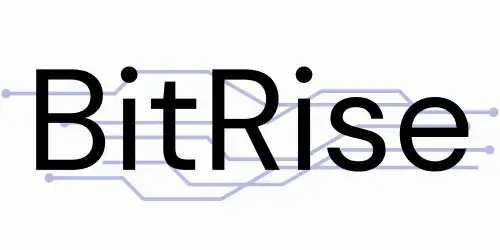Analysis of the scientific literature is vital to the advancement of research, yet the rapid growth of scientific articles poses challenges for thorough analysis. LLMs promise to summarize texts, but need help with multimodal elements such as molecular structures and graphs. Extracting targeted information from the scientific literature is time-consuming, relying on manual review and specialized databases. Current LLMs excel at extracting text but falter with multimodal content such as tables and reactions. There is a pressing need for intelligent systems that rapidly understand and analyze diverse scientific data, helping researchers navigate complex information landscapes.
Researchers from DP Technology and the AI for Science Institute, Beijing, have developed Uni-SMART (UniVersailles smallscience Mlast from ONEanalysis and Rresearch Transformer), a pioneering model adapted to extensively analyze multimodal scientific literature. Uni-SMART outperforms text-focused LLMs, proven through extensive quantitative assessment across a range of domains. Its practical applications, including patent infringement detection and thin diagram analysis, highlight its adaptability and potential to transform the interaction of the scientific literature. Uni-SMART integrates text and multimodal data analysis, enhancing automated information extraction and fostering deeper understanding of scientific content, as evidenced by its superior performance compared to leading LLMs in critical data types.
Designed for comprehensive analysis of multimodal scientific literature, Uni-SMART addresses the challenge of understanding complex content that traditional text-focused models struggle with. It offers practical solutions such as patent infringement detection and detailed diagram analysis, outperforming such models in several areas. Its success lies in a circular iterative process that improves multimodal understanding through learning, refinement, user feedback, expert commentary, and data refinement. The multiple capabilities of Uni-SMART offer new avenues for research and technological development, addressing the increasing complexity of scientific knowledge extraction. By streamlining the retrieval and presentation of information, Uni-SMART aims to improve efficiency in the analysis of scientific literature amidst the expanding volume of research.
Uni-SMART uses a circular approach to improve its understanding of different information from the scientific literature. First, it is trained on a limited multimodal dataset, extracting information sequentially and combining text and other media. Supervised detailing with question-answer pairs enhances skill. Real-world development allows for user feedback, incorporating positive and expert-annotated negative samples into training. These annotations address challenges in multimodal recognition and reasoning, guiding focused improvements. This iterative process continuously enriches Uni-SMART’s capabilities in information extraction, complex identification, and multimodal understanding.
Uni-SMART outperforms leading text-based models in several domains, demonstrating its capabilities for in-depth analysis of multimodal scientific literature. Its powerful ability to interpret matrices and molecular structures outperforms other models. The iterative process, including multimodal learning, refinement, user feedback, expert commentary, and data refinement, contributes to its superior performance. Recognizing the need for continuous improvement, particularly in handling complex content and minimizing errors, Uni-SMART aims to become an even more powerful tool to aid scientific research.
In conclusion, through rigorous evaluation, Uni-SMART outperforms competitors in analyzing diverse content such as tables, graphs, and molecular structures. Its circular iterative process continuously improves its understanding capabilities, fueled by multimodal learning and user feedback. Uni-SMART’s practical applications range from patent analysis to material science interpretation, offering valuable insights for research and development. While recognizing areas for improvement, such as handling complex content and minimizing errors, Uni-SMART promises to be a powerful tool to aid scientific research, promote innovation, and accelerate discoveries in a variety of fields.
check it Paper. All credit for this research goes to the researchers of this project. Also, don’t forget to follow us Twitter. Join us Telegram channel, Discord Channeland LinkedIn Groops.
If you like our work, you will love our work newsletter..
Don’t forget to join us 38k+ ML SubReddits
Want to get in front of 1.5 million AI enthusiasts? Work with us here
![]()
Sana Hassan, an intern consultant at Marktechpost and a graduate student at IIT Madras, is passionate about applying technology and artificial intelligence to address real-world challenges. With a strong interest in solving practical problems, he brings a fresh perspective to the intersection of artificial intelligence and real-world solutions.





0 Comments